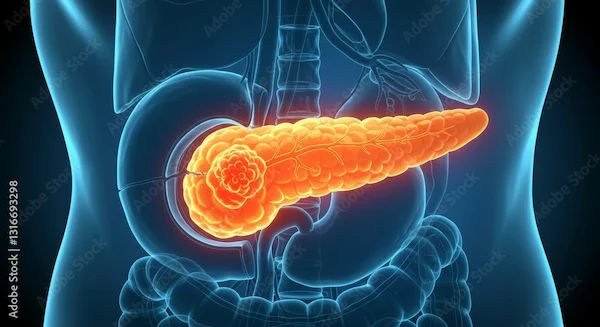- Male
- 28 Years
- 29/01/2025
I'm recovering from jaundice and I've been really strict with my diet for the past month. But I'm still getting mild fevers at night and that nauseous feeling keeps coming back. My test results seem normal with bilirubin at 0.7, SGOT at 90, and SGPT at 65. I'm currently taking Liv 52, Ulsys 300, and Nirocil syrup. Could you help me understand why I'm still feeling this way?
Answered by 1 Apollo Doctors
Palpitations with Normal Rhythm and Pulse_
- Generally not a concern: If your rhythm and pulse are normal, palpitations might not indicate a serious underlying condition.
- Common triggers: Exercise, stress, anxiety, caffeine, and dehydration can trigger palpitations.
- Post-exercise palpitations: It's not uncommon to experience palpitations after exercise, especially if you're new to physical activity or have pushed yourself harder than usual.
Monitor and Take Precautions
- Keep track of palpitations: Note when palpitations occur, how long they last, and any potential triggers.
- Stay hydrated: Drink plenty of water, especially during and after exercise.
- Manage stress and anxiety: Engage in stress-reducing activities, such as meditation, deep breathing, or yoga.
- Limit caffeine and stimulants: Avoid or reduce caffeine, nicotine, and other stimulants that can trigger palpitations.
Consult a Doctor
- If palpitations persist or worsen: If palpitations become more frequent, severe, or persistent, consult a doctor.
- If accompanied by other symptoms: If you experience chest pain, shortness of breath, dizziness, or fainting, seek medical attention immediately.
Dr. Ibrahim Suggests...
Consult a Gastroenterology/gi Medicine Specialist
Answered 04/07/2025
0
0

More Gastroenterology/GI medicine Health Queries
View allI'm dealing with GERD issues and sometimes it feels like my breath gets stuck. To keep an eye on things, I've started using a pulse oximeter daily to check my oxygen level. But here's the thing, I'm getting some really weird readings. It starts at 98 or 99, but then after 20 to 30 seconds, it suddenly drops to numbers like 79, 89, or even 60, before going back up to 98 or 94. These abnormal readings only last for about 3 to 4 seconds. Other than this sensation like somethings stuck, I'm generally active and dont have other major issues. Should I be concerned about these fluctuating numbers, or is this normal with a pulse oximeter? What's going on?
Spirometry and pulmonary function tests is advised to the patient.
Answered by 1 Apollo Doctors
I'm really worried because I've been dealing with indigestion for a week now. Everything I eat just comes back up with some sour water, and on top of that, I'm experiencing chest and shoulder pains, feeling lightheaded and dizzy, plus there's this burning feeling in my stomach. Is all this just due to acidity, or could it be something more serious like a heart attack? I'm not sure what to think and would appreciate any advice.
Based on your symptoms, it is important to rule out any serious conditions such as a heart attack. However, the symptoms you are describing, including indigestion, sour water regurgitation, chest pain, shoulder pain, light-headedness, dizziness, and burning sensation in the stomach, are more commonly associated with acidity or acid reflux. To help with your symptoms, you can try taking an over-the-counter antacid like Tums or Rolaids to help neutralize the stomach acid. Additionally, you can take a proton pump inhibitor like Prilosec or Nexium to reduce the production of stomach acid. It is important to follow the recommended dosage instructions on the packaging. If your symptoms persist or worsen, it is important to seek medical attention for further evaluation and management.
Answered by 1 Apollo Doctors
I'm really struggling with something that's been going on for about 4 years now. I feel like throwing up whenever I try to eat, and sometimes I actually do. It's not just in my headmy weight's really low and I can't seem to gain any. I've seen doctors and they say my reports are normal, but there's no relief. Is there something else I should be looking into?
take Balanced diet
Answered by 1 Apollo Doctors
Disclaimer: Answers on Apollo 247 are not intended to replace your doctor advice. Always seek help of a professional doctor in case of an medical emergency or ailment.




